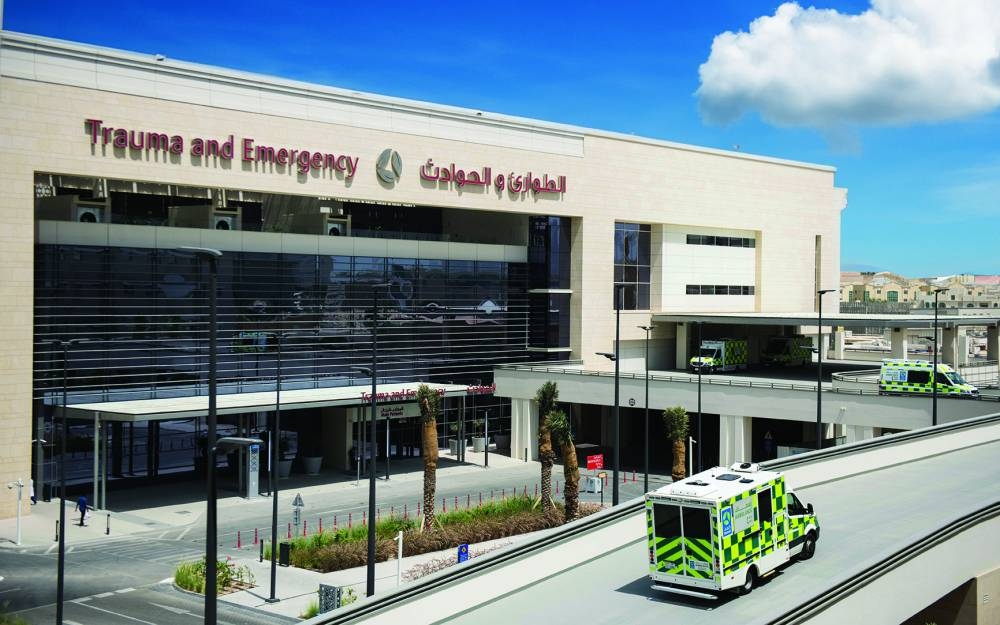Hamad Trauma Centre (HTC) observed for the eleventh year in a row the World Day of Remembrance for Victims of Road Traffic Injuries (WDR) in partnership with the National Traffic Safety Committee, the Ministry of Interior’s Traffic Department, Qatar Transportation and Traffic Safety Centre of Qatar University and the Ministry of Public Health’s Non-Communicable Diseases Department.
WDR is aimed at commemorating the millions of people who have died and been injured in road crashes. Road traffic injuries are acknowledged as one of the main causes of mortality and disability in Qatar, particularly among the youth.
The National Trauma System of Qatar is a well-organised, and co-ordinated solution for handling and enhancing the care of people with severe injuries. The whole spectrum of care is covered by trauma systems, from prevention and research to emergency treatment and rehabilitation. The HMC Trauma System provides the most seriously injured patients with a wide range of specialised care by collaborating with the HMC Ambulance Service and HMC’s network of hospitals, which includes the Hamad Trauma Centre.
As the first trauma system accredited by Accreditation Canada International, it has achieved distinction. In addition, there are organisations and institutions in Qatar that work to meet the victims and their families’ physical and emotional needs.
“In 2022, the Hamad Trauma Centre treated 670 patients with moderate to severe road traffic injuries. We treat the victims of excessive speeding every day; often the victims are not the ones who were speeding. We must act to put the spotlight on the reduction of traffic speeds. Low speeds have the potential to prevent many deaths and serious injuries, in particular those of pedestrians and all other vulnerable road users,’ said Dr Sandro Rizoli, medical director, HTC.
“Parents and older relatives must set the proper example for the youth, by following all road laws, so their families will not be counted among the tally of road traffic victims. We must all act to reduce the chance that there are more victims, by driving within the speed limit, wearing a seatbelt on every journey and by putting our mobile phones away when we drive,” said Dr Rafael Consunji, director of the Hamad Injury Prevention Programme of HTC.

HMC Trauma and Emergency Centre.
